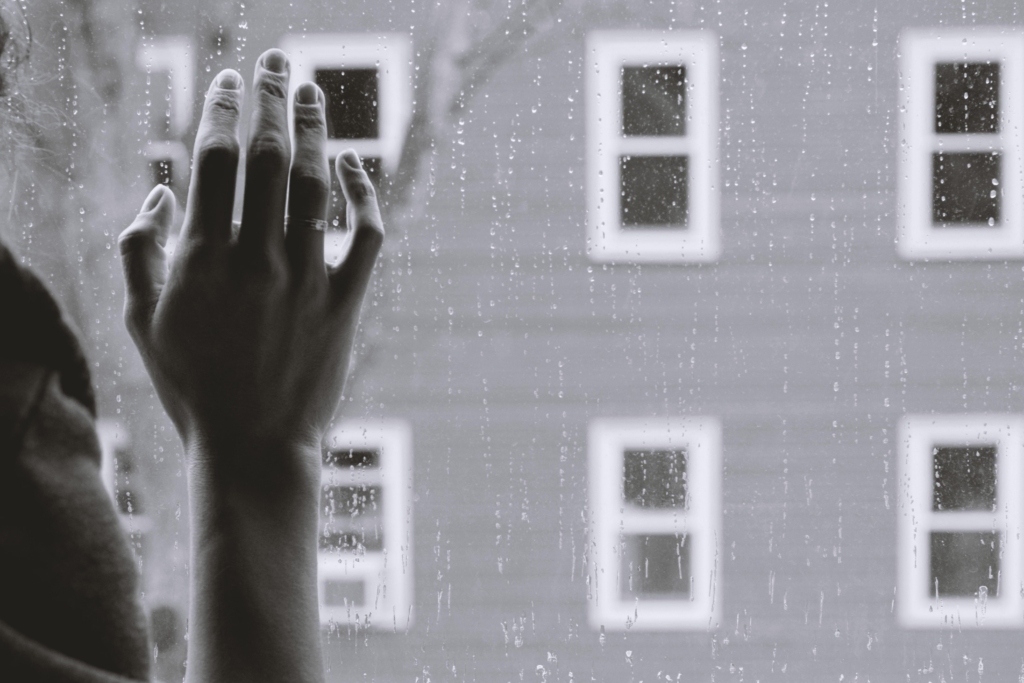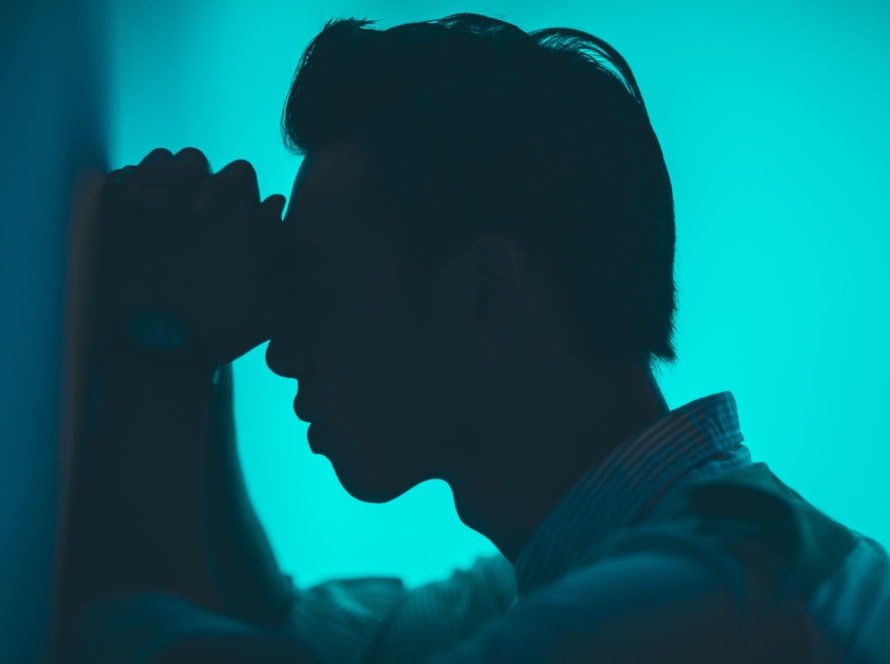
Low Mood vs. Depression
The terms ‘low mood’ and ‘depression’ are used interchangeably at times, to describe similar difficulties or feelings. The two, however, have slightly different symptoms, and might need treating or supporting in different ways.
Low mood is something we all experience from time to time. For instance, there might be no obvious reason as to why we feel down, or we might feel sad after a loss or disappointment. These feelings normally lift in a few days, or when the causes of the low mood are no longer there.
Symptoms of Low Mood
A general low mood can include:
- Sadness
- Worry
- Low self-esteem
- Anxious or panicky feelings
- Tiredness
- Anger
- Frustration
Low mood generally tends to improve after a short time. Making minor changes such as talking about your problems to someone, getting more sleep or resolving a difficult situation can improve your mood.
If these feelings last for more than two weeks, and are impairing your day to day functioning, you just may be dealing with depression. In such instances, low spirits may be accompanied by feelings of worthlessness or hopelessness.
Beyond Changes in Mood
When someone is going through a low mood, they might struggle with motivating themselves to do things. Depression, however, is likely to be more severe, affecting not just one’s motivation, but also their inclination to socialise and ability to work. Depression is a mood disorder that also casts a wide net over one’s overall health and well-being. Most people who have depression also experience changes in their capacity for concentration, problem solving and rational thinking, as well as issues with sleep, loss of energy and fatigue, body aches, headaches and changes in appetite.
Symptoms of Depression
Some of the common symptoms of depression may include:
- Loss of interest in things that one previously enjoyed
- Sleeping more or less than normal
- Eating more or less than normal
- Feeling tired and low on energy
- Not wanting to meet up with friends or avoiding situations
- Being self-critical
- Feeling irritable, upset, miserable or lonely
- Feeling hopeless
- And in certain cases, wanting to self-harm
If anything we’ve discussed above sounds like you or someone you love, we urge you to consider the possibility that you may be dealing with depression – and not just low mood. The good news is that there are many different ways to tackle low mood, which range from simply doing more exercise, to psychotherapy and antidepressants. The important thing is to let people know how you’re feeling and ask for help.
Self-Help for Low Mood and Depression
- Try talking about your feelings to a friend or family member.
- Make simple changes in your lifestyle that can help you cope better and feel more in control.
- Foster healthy connections – having friends at work or to share a hobby or leisure activity with can help lift your mood.
- Make a list of things you enjoy and try to do some of them regularly.
- Engage in regular physical activity; this can help you to sleep, relax and feel better.
- Eat healthy. A balanced diet with fruit, whole grains, nuts, seeds and vegetables, can boost your energy levels and mood.
- Maintain good sleep hygiene. Sleeping well gives you energy and helps you to think clearly.
- Cut back on alcohol and try not to use alcohol to improve a low mood.
- Try mindfulness, which teaches you to become aware of the present moment.
- Get peer support, where people use their experiences to help each other.

When to Seek Professional Help
If you’ve had a low mood for more than 2 weeks, are struggling to cope, and are finding that the things you’re trying yourself are not helping, consider seeing your GP for a referral, refer yourself directly to an NHS talking therapies service or reach out to a therapist in private practice.
If you’d like to learn more about the difference between low mood, depression, and how we can help you, reach out to us via info@nnpsychology.co.uk or call us on 07341193858
Remember, there is always support available. It’s all about finding the right support that fits you and your individual needs!


